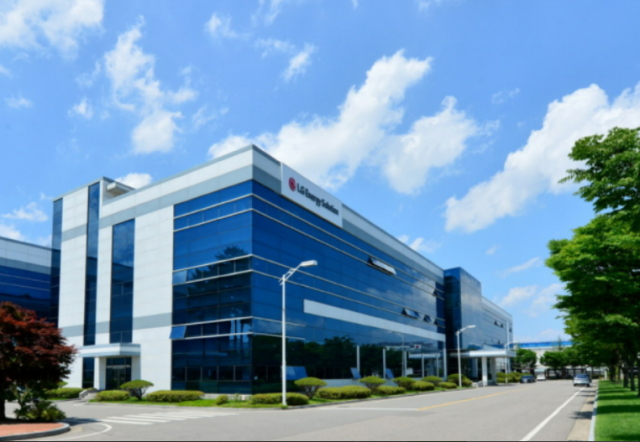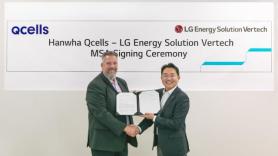
SEOUL, June 24 (AJP) - South Korea’s major battery makers are facing mounting obstacles in operating their U.S.-based plants, as tightening American entry regulations delay the dispatch of skilled workers.
LG Energy Solution, Samsung SDI and SK On have all experienced repeated denials or prolonged delays in sending technicians to their American factories, according to industry sources.
The difficulties stem from what companies describe as a de facto policy shift: U.S. authorities now view the use of the Electronic System for Travel Authorization, or ESTA, for short-term business trips as unauthorized employment, subjecting travelers to heightened scrutiny at the border.
These restrictions are creating bottlenecks at a critical moment.
Early-stage factory operations, including equipment calibration, quality assurance and technical knowledge transfer, often depend on months of on-site support from experienced engineers.
Company officials complain that delays in deploying such personnel could disrupt production timelines, compromise product quality and damage the credibility of Korean manufacturers operating in the United States.
They argue that it’s not just a visa issue, but a threat to the entire supply chain.
The stakes are particularly high given the role of these U.S. facilities in helping the Korean firms meet local content requirements of the U.S. Those rules tie generous tax incentives to domestic manufacturing thresholds — meaning any operational delays could also jeopardize subsidies for electric vehicle batteries and related components.
Alternative visa pathways offer little relief.
The H-1B program, typically used for foreign professionals, is capped and allocated via a competitive lottery. The B-1 business visa, meanwhile, often takes months to process — an ill fit for the fast-moving demands of global manufacturing.
The affected firms have called for a dedicated visa quota system modeled on arrangements Washington has with close partners such as Singapore and Australia.
They argue that such a framework should be established under the Korea-U.S. Free Trade Agreement to reflect the scale and strategic importance of bilateral industrial cooperation.
South Korea’s Ministry of Foreign Affairs has confirmed that it is in active talks with the U.S. Embassy in Seoul and consular officials across the United States. The government is also pushing for passage of the “Partner with Korea Act,” a bill in the U.S. Congress that would create a Korea-specific professional visa category aimed at easing cross-border business operations.
For now, battery makers are scrambling to work around the constraints — juggling travel plans, appealing denials, and seeking emergency visas wherever possible. But they say the long-term solution must come through policy change, not improvisation.
Copyright ⓒ Aju Press All rights reserved.




